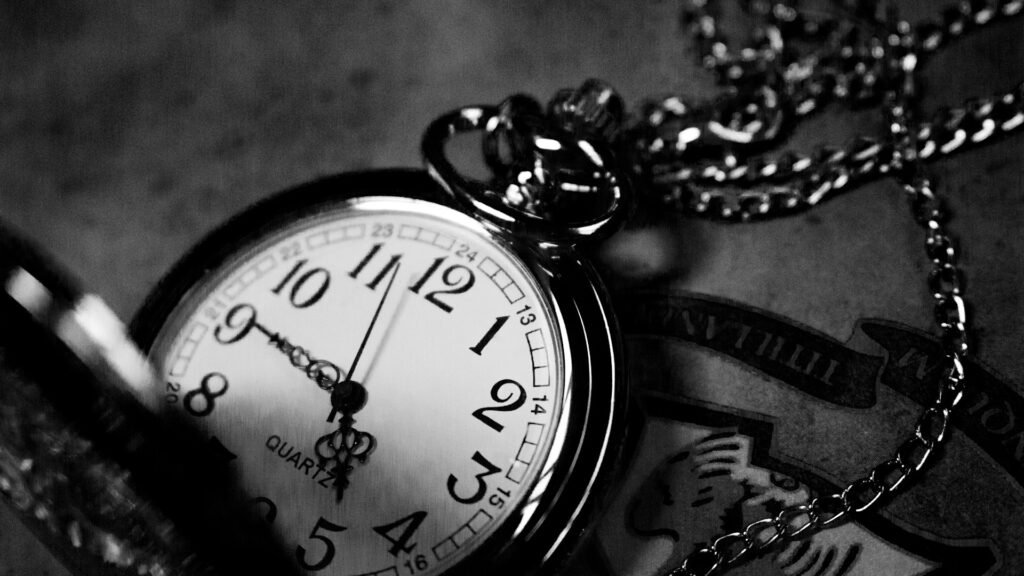Study explores how the switch to winter time impacts wellbeing—positively or negatively—and alters time perception
Does the thought of darker evenings fill you with gloom, or are you looking forward to that extra hour of sleep when the clocks go back? Scientists are launching a study to explore how the seasonal shift to winter time impacts people’s wellbeing and perception of time—and they need your help.
In the UK, the clocks will go back at 2 a.m. on Sunday, October 27. While previous research has primarily examined the negative effects of the spring transition to daylight saving time (DST) on sleep, cognitive performance, and accident rates, far less is known about how the autumn clock change influences wellbeing or our sense of time’s passage.
Professor Ruth Ogden from Liverpool John Moores University, who is leading the study, explained, “I want to understand how people feel when their usual sense of time is disrupted by an external factor. Do they feel like they have more or less time, and how does it affect their wellbeing?”
“Time is a deeply underexplored aspect of psychology,” she added. “Our lives are organized around the clock, and we all have an internal sense of time. Yet, we know so little about how people perceive time, and whether altering these perceptions could improve wellbeing.”
The study is part of a broader project examining how external disruptions affect time perception. Ogden’s interest in this topic began after a car accident during her university years, where she felt time slow down dramatically.
Since then, she has researched how other emotionally charged events, like the Covid-19 lockdowns, can distort time perception. “People who coped well during lockdown and had lower levels of anxiety, depression, or stress reported that time felt like it passed quickly, while those who felt socially isolated or less satisfied with their social interactions experienced a slower sense of time,” Ogden explained.
Other research has shown that individuals struggling with chronic pain also experience time differently. “This suggests that our perception of time is closely tied to trauma,” Ogden noted.
Open to all UK adults, the study involves completing an online survey about daily life and time pressures. Participants can complete the survey in the week leading up to or following the clock change—or both.
One of the key questions the researchers hope to answer is whether people in marginalized groups or those facing high time pressures, such as busy parents, experience the clock change differently from those who have more control over their schedules.
“We’re especially interested in the connection between time and power,” said Professor Patricia Kingori from the University of Oxford’s Ethox Centre, who leads the larger project. “When others control your time, it can create injustices for certain groups.”
For instance, Kingori and her Brazilian colleagues are studying women whose children were affected by the Zika virus. International law provides only a limited window for these women to file claims against the state, yet trauma often impairs their ability to meet this deadline—even though time might feel like it has slowed down for them.
Another example is the societal pressure many women face to have children within a narrow timeframe—typically between their mid-20s and mid-30s. Kingori, who has worked with both teenage mothers and older women undergoing IVF, observed, “In both cases, these women often feel like they’re out of sync with the ‘right time’ for having children, even if they’re biologically able.”
Time control, Kingori argued, is a subtle form of power that influences people’s lives, often leaving them feeling late or inadequate, yet it’s rarely recognized as such.
The long-term aim of the project is to find ways to address these inequalities, with the hope of improving both individual and societal wellbeing.
“For me, the clock change offers a glimpse into what happens when time shifts for society, but not quite the same way for you,” Ogden said. “It raises bigger questions, like whether we should have a human right to time.”
Referred from: https://www.theguardian.com/





